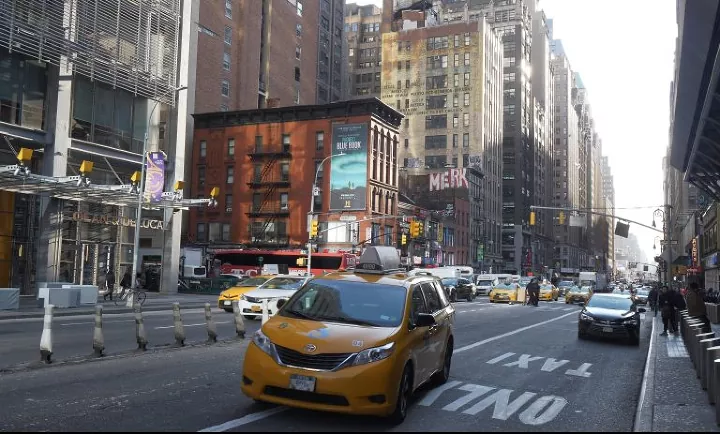#CongestionPricing
Driving Dystopia: New York City Pushes Through Congestion Pricing Scheme
On Thursday, New York City officials announced a plan that would require drivers to pay $15 (on average) to enter Manhattan. The scheme is similar to the “congestion charging” that takes place in some of Europe’s largest cities and would make New York the first American locale to enact the concept. Though this isn’t the first time we’ve seen something like this being floated for Manhattan.
Chicago Considers Congestion Charges, Starting With Uber/Lyft
Chicago is considering sticking ride-hailing services like Uber and Lyft with a new tax that would add a few bucks onto each ride. Mayor Lori Lightfoot has proposed a $40-million-per-year tax increase as part of a broader traffic plan modeled after London’s famous congestion fines. That means not all rides would be subject to the same fees, but each trip taken within the city would still cost a little extra.
While congestion charges are all the rage in Europe, they’re uncommon in the United States. New York City recently decided to financially penalize every driver taking a trip below 60th Street (something I’m not thrilled about), positioning Chicago as the second major metropolitan area in the U.S. to move forward on congestion fees. Lightfoot claims it’s a necessary first step “to improve mobility and further our goals of ensuring sustainable, affordable and reliable access to transportation options in every neighborhood.”
New York Becomes First U.S. City to Introduce Congestion Pricing
It was a bit of a struggle, but the New York State Legislature and Governor Andrew Cuomo have signed on a (decidedly progressive) $175 billion state budget. While the deal has a number of noteworthy inclusions, spurred by the newly elected Democratic majority in the State Legislature, the one we’re most concerned with involves charging motorists for the privilege of driving on streets of lower Manhattan.
Along with interesting initiatives to ban plastic bags and impose new taxes on high-end homes, New York has decided to become the first American city to introduce congestion pricing.
The Bell Tolls Over Seattle, but Not for Most Commuters
It would appear as though the price of admission to traverse the longest floating bridge in the world on a daily basis has had quite the impact on commuting patterns in Seattle. A study to be issued by the U.S. Department of Transportation this week – barring another tragicomic display by the powers that be, of course – has uncovered that use of the Governor Albert D. Rosellini Bridge – Evergreen Point (colloquially known as the 520 floating bridge) has gone down by half since tolling began near the end of 2011.



















Recent Comments